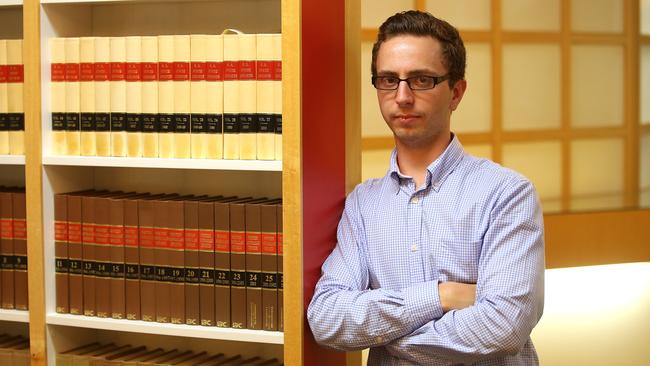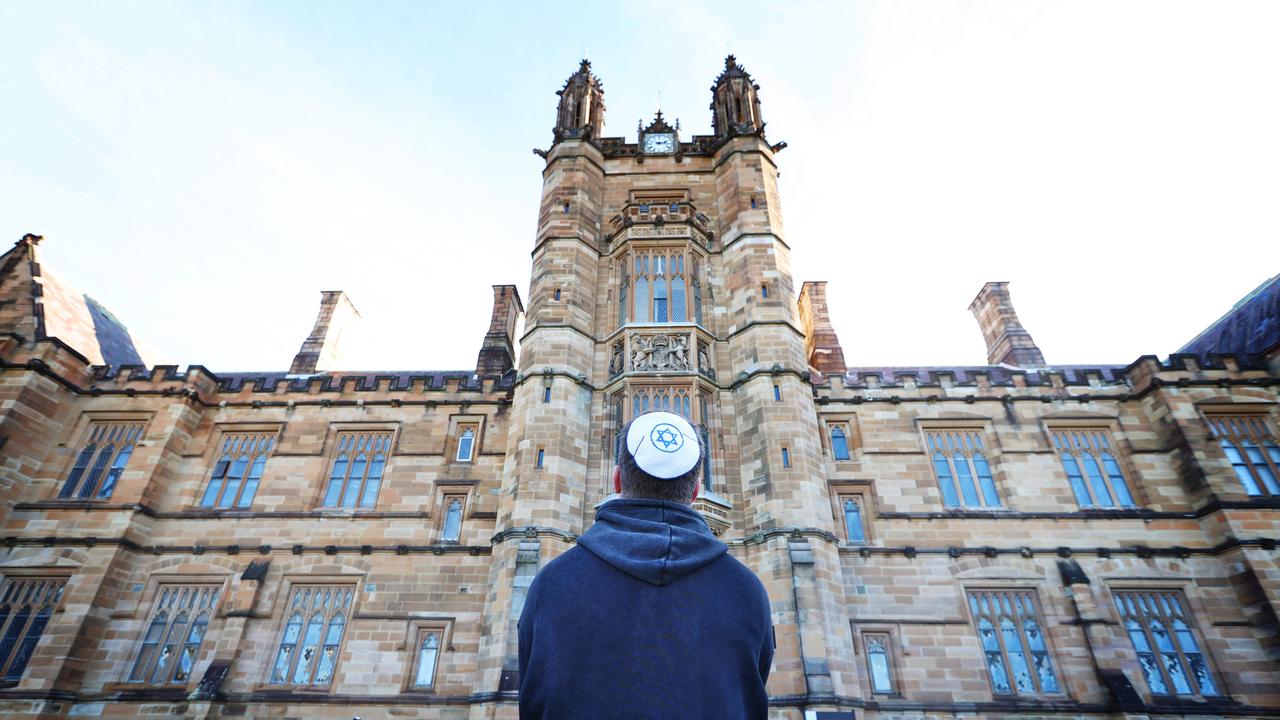Section 18C teaching: cases can end dreams
When Calum Thwaites now contemplates what was his chosen career as a schoolteacher he shudders.

When Calum Thwaites now contemplates what was his chosen career as a schoolteacher he shudders.
He had hoped to be sent to teach in remote schools in the far north of Australia on his graduation from the Queensland University of Technology. But this is no longer an option.
“I am sure that some students and parents would go straight to Google and put in my name and read that I’ve been accused of racism in this big 18C case,” the 24-year-old told The Australian yesterday. “I can see some saying ‘well, sir is a racist’. I can tell everyone that the case is groundless or that it’s untrue and I hate racism, but people see what they want to see. It’s a much bigger problem for a schoolteacher entrusted with children than it is for a lawyer. A lot of people who might shrug it off or say ‘don’t worry about it’ don’t know about this case.”
The abandonment by Mr Thwaites of a career in education when he is more than halfway through his teaching degree has been forced by events beyond his control — allegations, which he strenuously rejects, of racial hatred arising from Facebook posts in May 2013.
He and two other students, Alex Wood and Jackson Powell, are at the centre of a case brought under section 18C of the Racial Discrimination Act by Cindy Prior, a former QUT staffer in the unsigned indigenous-only Oodgeroo Unit. Her complaint, escalated to the Human Rights Commission and then to the Federal Circuit Court, can be traced to May 28, 2013, when Mr Wood and two other students were asked by Ms Prior to leave the unit because it was a “black space”, and off-limits to non-indigenous students. Mr Wood, who had gone to access unused computers and left quietly when Ms Prior questioned him about whether he was Aboriginal, wrote soon after on Facebook: “Just got kicked out of the unsigned indigenous computer room. QUT stopping segregation with segregation?”
Mr Thwaites said a bogus account had been set up in his name by someone as a student prank, and posted on Facebook a comment with the offensive word “niggers”.
He reported the misrepresentation to Facebook and QUT as soon as it was raised with him. A third student, Jackson Powell, wrote sarcastically: “I wonder where the white supremacist computer lab is.”
The three are being sued for about $250,000 by Ms Prior who wants them found guilty of racial hatred under section 18C, which makes it unlawful for anyone to “offend, insult, humiliate or intimidate” another person or group on the grounds of race, colour or ethnicity. Ms Prior says she has suffered a major stress disorder because she was offended by the students’ Facebook posts and that she cannot return to her old job.
With teaching no longer attractive, Mr Thwaites has switched to a law degree that will take four more years at QUT. He has been working as a legal associate four days a week for his Brisbane barrister, Tony Morris QC, who is representing him at no cost. The case has restarted public debate about how 18C restricts free speech and is misused for financial shakedowns when people complain their feelings have been hurt.
Mr Thwaites said: “I hear a lot of commentators saying that section 18C is OK because there are safeguards, but they don’t understand the legal process — it can take years, tens of thousands of dollars and cause untold reputational damage and stress to get to a point where you’re found to have done nothing wrong. And while that’s going on, people who know nothing of the case call you a racist.”
Mr Morris writes in The Australian today that significant but straightforward reforms to 18C can make it less likely to be used as a pernicious weapon. He says the reforms, which revolve around setting a higher bar for the HRC in its determination of 18C complaints, would ensure “that a case can never reach court if it is utterly destitute of merit, or merely an exercise in blackmail by an over-reaching claimant seeking exorbitant compensation”.




